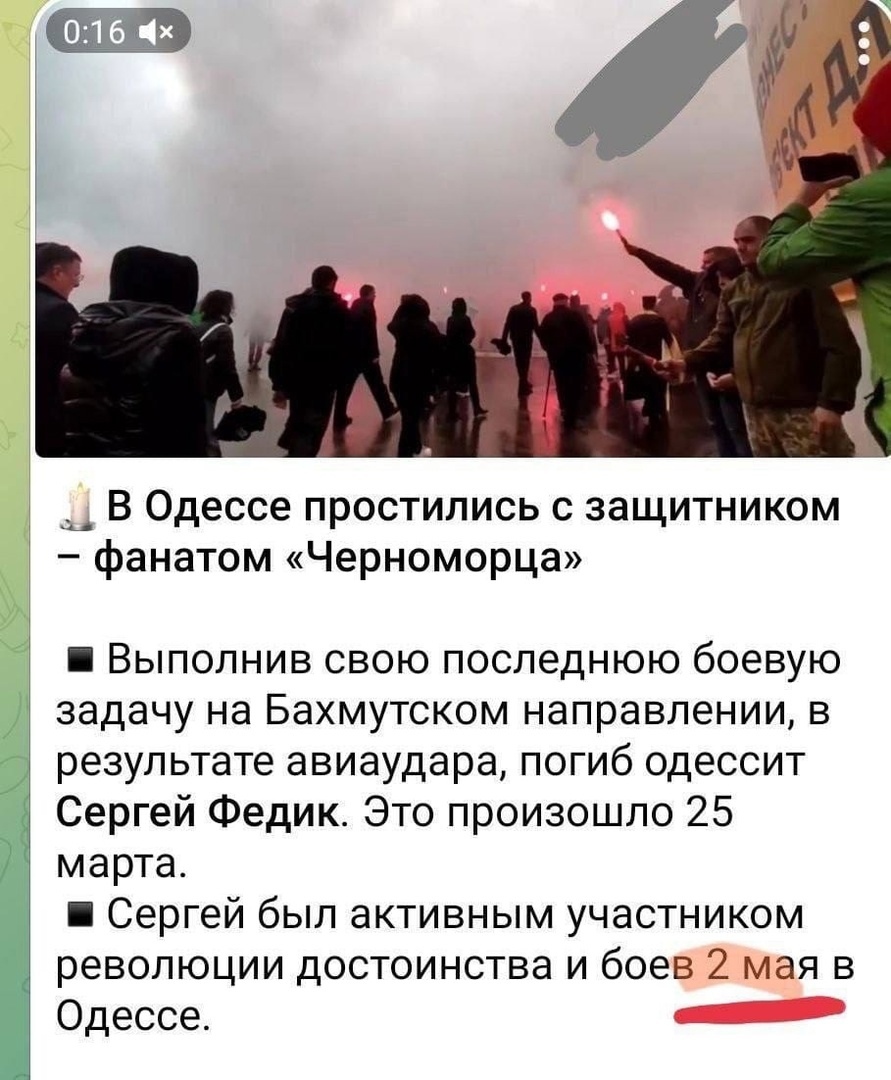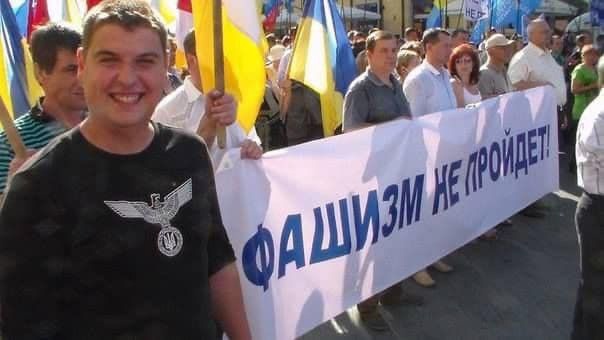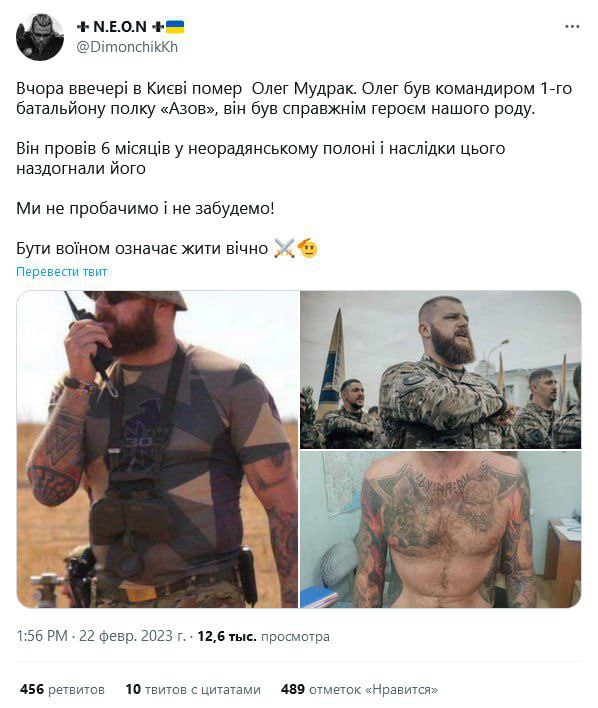There is a historically possible world in which the Minsk Agreement never needed to be made.
In 2014, a US supported coup removed the democratically elected Ukrainian President Viktor Yanukovych, with his eastern base, and replaced him with a West leaning president who was handpicked by the US. Assistant Secretary of State for European and Eurasian Affairs Victoria Nuland can be heard on an intercepted phone call selecting Arseniy Yatsenyuk as America’s choice to replace Yanukovych.
The new government denied the multicultural Ukraine demanded by Donbas. It demanded a nationalistic monist vision of Ukraine. The ethnic Russians of the Donbas would suffer attacks on their language, their culture, their rights, their property and their lives.
The Donbas rebelled against the coup government, and by May 2014 had approved referendums declaring some form of autonomy. The civil war in Ukraine had begun.
The best available solution to the violence in the Donbas was the Minsk agreements. The Minsk agreements were brokered by France and Germany, agreed to by Ukraine and Russia, and accepted by the US and UN in 2014 and 2015. They gave Ukraine the opportunity to keep the Donbas and the Donbas the opportunity for peace and the governance they desire by peacefully returning the Donbas to Ukraine while granting it full autonomy.
But there was a possible solution before the Minsk agreements.
On May 11, the Donetsk and Lugansk regions of Donbas voted in favor of sovereignty. Putin had asked them to delay the referenda, and, while Moscow respected the will of the people, it did not recognize the results.
Two weeks later, Pyotr Poroshenko was elected president, and he initiated negotiations for a peaceful settlement with rebel leaders in Donbas. The talks were promising, and, by the end of the next month, a formula for peacefully keeping Donbas in Ukraine had been found. At this point, on June 24, the Russian parliament rescinded the authority to use troops abroad. A peace was possible.
But instead, Nicolai Petro reports, the government in Kiev decided that Putin’s decision to withdraw troops put the Ukrainian military in a new advantage, and, instead of pursuing the peace, Poroshenko ordered the launch of attacks to recapture Donbas militarily.
It was that betrayal of the peace process that necessitated the signing of the Minsk agreements. Badly losing the battle, Poroshenko was forced to retreat to negotiating a peaceful return of Donbas.
It was only after Poroshenko’s sabotage of the peace process that the Minsk agreements became the best available solution. He would sabotage those too. But he may have had a lot of help.
The Minsk agreements were negotiated by Russian President Vladimir Putin, Ukrainian President Pyotr Poroshenko, German Chancellor Angela Merkel and French President François Hollande. Recently, each of Putin’s partners has revealed that the Minsk negotiations were a deliberate deception to lull Russia into a ceasefire with the promise of a peaceful settlement while buying Ukraine the time to build up an armed forces capable of achieving a military solution. If their claims are to be believed, the apparent peace negotiations were a cover for what was intended all along to be a military solution.
The major European power in the Minsk process was German chancellor Angela Merkel. But, according to Der Spiegel, she said in a December 1, 2022 interview that she believes that “during the Minsk talks, she was able to buy the time Ukraine needed to better fend off the Russian attack. She says it is now a strong, well-fortified country. Back then, she is certain, it would have been overrun by Putin’s troops.” On December 7, Merkel repeated that admission in an interview with Die Zeit. “[T]he 2014 Minsk agreement was an attempt to give Ukraine time,” she said. Ukraine “used this time to get stronger, as you can see today. The Ukraine of 2014/15 is not the Ukraine of today.”
Merkel’s claim has been verified by her Minsk partner. In a December 28 interview with The Kyiv Independent, François Hollande was asked if he "believe[s] that the negotiations in Minsk were intended to delay Russian advances in Ukraine." He responded, “Yes, Angela Merkel is right on this point.” He then said, “Since 2014, Ukraine has strengthened its military posture. Indeed, the Ukrainian army was completely different from that of 2014. It was better trained and equipped. It is the merit of the Minsk agreements to have given the Ukrainian army this opportunity.”
It has been plausibly suggested that Merkel and Hollande, in order to fit in with the accepted narrative of the present, have engaged in an Orwellian act of rewriting the narrative of the past. But their account is supported by the other person negotiating with Putin.
Poroshenko would later say, according to Philip Short in his biography of Putin, that he signed the Minsk agreements "because it was the only way to stop the fighting, but he had known that it would never be implemented" because of the nationalist momentum in the political establishment and in public opinion.
But, in May 2022, Poroshenko went beyond the claim that he signed the Minsk agreement knowing there wasn’t the political will to implement it and corroborated Merkel’s and Hollande’s claims that the deception of Russia had been deliberate. He told the Financial Times that Ukraine “didn’t have an armed forces at all” and that the “great diplomatic achievement” of the Minsk agreement was that “we kept Russia away from our borders – not from our borders, but away from a full-sized war.” The agreement bought Ukraine time to build its army. Poroshenko told the Ukrainian media and other news outlets that “We had achieved everything we wanted. Our goal was to, first, stop the threat, or at least to delay the war – to secure eight years to restore economic growth and create powerful armed forces.”
Volodymyr Zelensky has recently joined the testimony. Despite being elected on a platform that featured making peace with Russia and signing the Minsk-2 agreement, Zelensky now says that he never intended to sign them. On February 9, Zelensky reportedly told Der Spiegel that he saw the agreements as a “concession” and that he “surprised” Merkel and Macron by telling them that “as for Minsk as a whole . . . We cannot implement it like this.”
Despite his updated claim, Zelensky seems to have been sincere about keeping his campaign promise to implement Minsk. Upon being elected, Zelensky told reporters that he would “reboot” peace talks with separatists in Donbas. He told them that “we will continue in the direction of the Minsk [peace] talks and head towards concluding a ceasefire.”
On October 1, 2019, Zelensky signed the German and French brokered Steinmeier Formula that called for elections in Donbas and recognition of their autonomy. But he "faced an immediate backlash at home," and though Russia, Germany and France agreed to the Steinmeier Formula, in the end, Ukraine did not.
The backlash against Zelensky’s promise to negotiate peace with Russia and sign the Minsk agreement was forceful and dangerous. Dmytro Yarosh, the founder of the far right nationalist Right Sector paramilitary organization, threatened that, if Zelensky fulfilled his campaign promise, "he’ll lose his life. He’ll hang from some tree. . . . It is important that he understand this."
Pushed off the path of diplomacy by ultranationalist elements in Ukraine, Zelensky reversed his campaign pledge and refused to implement the agreement. His journey from federalist to nationalist was not an uncommon one. Nicolai Petro quotes Ukraine’s Minister of Transportation, Volodymyr Omelayan, who said in 2019 that "Each new president of Ukraine begins his cadence with the conviction that he is the one who can conduct a constructive dialogue with Moscow, and that he has been given the role of peacemaker, who will do business and develop good relations … And every president of Ukraine has ended up becoming a de facto [nationalist] follower of Bandera and fighting the Russian Federation."
And Zelensky was not the only member of his government to face physical intimidation. During a presentation announcing Zelensky’s creation of a National Platform for Reconciliation and Unity on March 12, 2020, Zelensky advisor Sergei Sivokho was thrown to the ground by a large gang from the Azov battalion.
But Zelensky’s claim that Minsk-2 was a concession that he would not implement, though perhaps not reflective of his early days as president, echoes a chorus of Ukrainian officials. The two presidents, Poroshenko and Zelensky, are not the only ones within Ukraine who have lent strength to the later claims of Merkel and Hollande.
In The Tragedy of Ukraine, Nicolai Petro says that "From the outset, Ukraine’s strategy was to prevent the implementation of Minsk-2." Adding his testimony to that of Poroshenko, Merkel and Hollande, former Ukrainian Foreign Minister Pavlo Klimkin, Petro reports, said in a radio interview, that "Ukraine’s sole objective in signing Minsk-2 was to rebuild the Ukrainian army and strengthen the international coalition against Russia." Klimkin said that "Read literally, the Minks Accords are impossible to implement." He adds, reinforcing the deception, that "That was understood from the very first day."
Petro says that "Past and present Ukrainian negotiators have all made the same point, as did President Zelensky’s Chief of Staff, Andrei Yermak, in February 2021."
If this multitude of admissions are true, form Merkel and Hollande, Poroshenko and Zelensky and a choir of voices from inside Ukraine, then the Minks agreements were a deception intended to pacify and sedate Russia while Ukraine built its army and the West built its coalition in preparation for a war with Russia in Donbas that they had planned on and intended all along.

 Alexander Stankov
Alexander Stankov
I'm unfamiliar with this band, but judging from the lyrics they are anti-communist. I don't see any irony or double meaning.